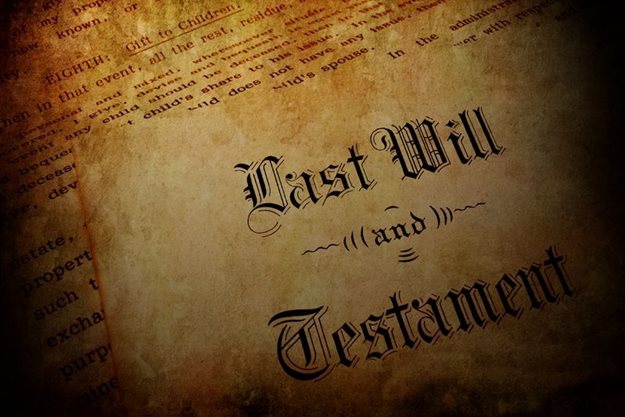The coronavirus (Covid-19) crisis means many people are considering updating their Will or drawing one up for the first time, and so fiduciary practitioners are seeing a surge in demand for Wills. Whilst this is a sensible step to take, strict lockdown measures in South Africa mean that drawing up a valid Will is not as straight forward as simply drafting the document. A Will requires two witnesses to sign it in order to validate it.
This is creating practical - but not insurmountable – challenges according to Elmien Pols of Private Client Trust, the fiduciary pillar of Private Client Holdings.
“A Will must be signed by the person making it and two independent witnesses over the age of 14 who are not beneficiaries or the spouses of beneficiaries, and all three must be physically present in the same place when this happens,” says Pols. “Given that most of us are restricted to contact with those in our household only, this creates some difficulty, assuming the people in your household are the intended beneficiaries.”
So how do you ensure your Will is valid in the face of this challenge? Pols offers the following suggestions which reiterate the Fiduciary Institutes guidelines.
“If you have a good relationship with your neighbours and would be comfortable to enlist their help, you can place your Will through or over the fence and they can then sign as witnesses while you observe, and vice versa, complying with the requirement that the witnesses and testator must be in the presence of each other when signing. It is important to be mindful of distancing and the required sanitation before and after contact with neighbours or other witnesses.
“If the person drawing up the Will is in hospital, then using nursing staff members as witnesses would be a good option,” advises Pols, who continues that another solution would be to take your Will to your local police station. However, it is not clear whether the local police station would be willing to allow members of the SAPS to sign as witnesses to a Will under the current circumstances, so this may not be an option.
Last resort
“If none of the above is an option and there is no other way to validly sign the Will, the best approach would be for the testator to date and sign their Will and then write and sign a letter explaining why the Will was not signed by witnesses and stating that the Will is intended to be the testator’s last Will and testament. If possible, the Will should also be scanned after signature and emailed to your fiduciary practitioner. This course of action will make an application under sec 2(3) of the Act to have the court order the Master to accept the Will as valid, much more likely to succeed,” says Pols.
Pols goes on to advise that unfortunately digital signatures are not recognised on last Wills and testaments. “Whilst e-signatures are recognised by the Electronic Communications and Transactions Act (ECTA) as verification of a range of legal documents, such as employment contracts, short-term real estate documents, personal and commercial agreements, Wills are excluded and may not be verified using an e-signature under this law. Wills must contain wet signatures.”
“These are highly unusual circumstances so we are advising our clients that any Wills written during this time should be revisited in the future when normality resumes.”


































